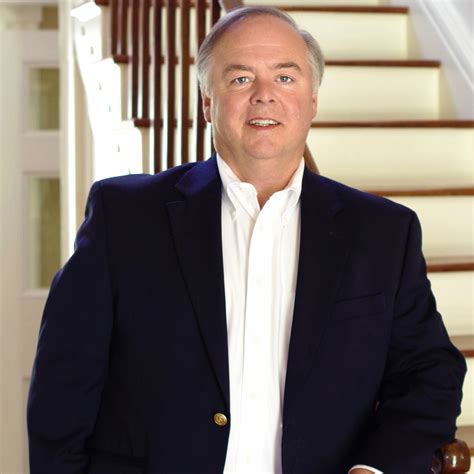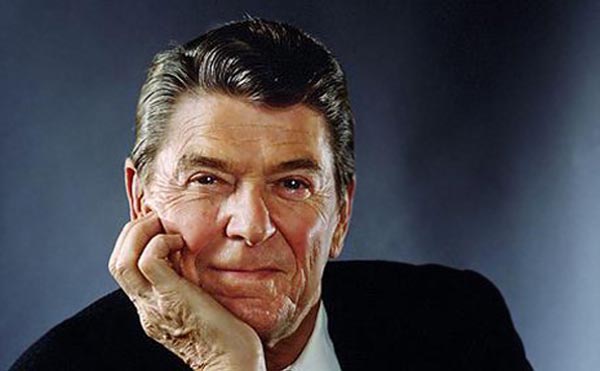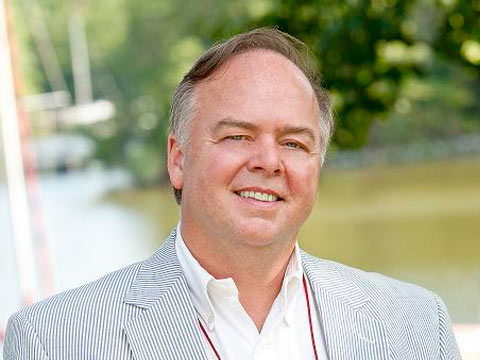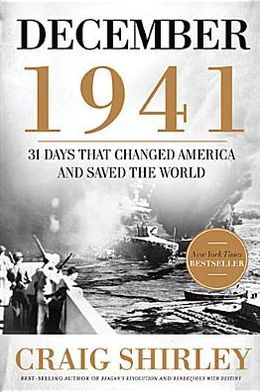
Historian Craig Shirley has served under a trio of American presidents. He is a New York Times bestselling author with six books published – and counting. If that weren’t enough, Shirley co-owns a political communications firm in northern Virginia.
As a youth, you were with Gordon Humphrey‘s Senate campaign. From the upset victory to working with the Republican National Committee to advising President Ronald Reagan, did you ever imagine your career would turn out this way?
No, I thought when I was in college that I would teach high school history and coach lacrosse when I graduated. My life has exceeded my dreams many times over, all of it due to my wife Zorine. She is my rock, my inspiration.
You’ve had the distinct honor of knowing the last three GOP presidents. In the early years, how often was the trio gathered together? What qualities make these men unique?
I really didn’t know Reagan. We met and talked on a number of occasions but I was very much a munchkin in the 1980s, but I knew and know his men very well – Lyn Nofziger, Michael Deaver, Peter Hannaford, and also Jim Baker, Ed Meese, Ed Rollins, etc. I knew [George H.W.] Bush 41 much better and [George W.] Bush 43 best of all. I don’t recall a time when the three were all together except of course at the Reagan funeral in June of 2004.
Evidently neither Bush was as conservative a chief executive as was Reagan. Were they unconvinced of the Great Communicator’s wisdom?
No, they were just from different parts of the jungle. Reagan was from the populist Midwest and the Bushes were from the elite towns of Connecticut. They traveled a different road although Reagan went through more profound ideological changes than did the Bushes. Reagan went from being a big supporter of the New Deal to essentially a libertarian – although not libertine.

What was it like serving as the inaugural Reagan Scholar at Eureka College?
I loved it. I forgot how much I enjoy the classroom, the give and take with the students. I would do it again in a heartbeat and always welcome the chance to speak on college campuses including Yale, Georgetown and [the] University of Virginia.
When did you decide to revive Citizens for the Republic, a political action committee founded by Reagan?
Several years ago. It still has a long way to go but it is up, operational, and we hope to take a role in the 2016 elections.
Why is your home nicknamed Trickle Down Point?
My home on the Chesapeake, yes. My home outside of Tappahannock, VA is named Ben Lomond, named by a Scottish governess who said the area reminded her of her home in Scotland. My son Matt named it Trickle Down Point as a joke, but we loved it so much, we named it that. Liberals hate it.

Of your six books – spanning from World War II to Newt Gingrich – which was the most fun to write?
I can’t really say because I enjoyed writing all of them. I like learning new things and writing about new things. I especially like the next book I am going to write. Meaning, I look forward to the next book and the next book…
You’re a New York Times bestselling author. What are your writing habits? Do you tend to work a little bit daily, for long periods, or a mix of both?
I am a much disciplined writer. In the morning, I spend reviewing research material and write in the afternoon, ending usually around 7pm. Zorine then reviews the day’s writing and I input her changes the next morning. Then I begin the whole process over again. I usually don’t write on weekends choosing to get out of doors and clear my head but I am always writing in my head, much like James Thurber.
What book projects loom in the near future? I have a list of about 20-30 books I want to write but immediately are Becoming Reagan, about the period from 1976 to 1980 when he went through a complete ideological makeover, and The Mother of The Father, about the life and times of Mary Ball Washington. There has never been a comprehensive biography written about George Washington’s mother.

In December 1941, you describe how Detroit was transformed into an “arsenal of democracy” practically overnight. Did the Motor City’s industrial build-up, fueled by federal investment, spur an over-reliance on the automotive sector?
Not at the time. It was vitally important to the war effort. Without Detroit, the war may well have lasted several more years.
Biography
- Wikipedia entry
- CraigShirley.com, personal website
- Citizens for the Republic, political action committee
- Shirley & Banister Public Affairs, conservative communications firm
- National Review articles
- Weekly Standard articles
- Townhall.com biography and articles
- Washington Post profile
Books (incomplete)
- December 1941: 31 Days that Changed America and Saved the World
- Last Act: The Final Years and Emerging Legacy of Ronald Reagan
- Rendezvous with Destiny: Ronald Reagan and the Campaign That Changed America
- Reagan’s Revolution: The Untold Story of the Campaign That Started It All
- Reagan Rising: The Decisive Years, 1976-1980
- Citizen Newt: The Making of a Reagan Conservative (coming soon)
Mr. Craig Shirley is an author and Republican political consultant.
Want another peak inside a conservative writer’s mind? See our chat with National Review senior editor Jay Nordlinger. You might also like learning about political philosopher Edmund Burke.